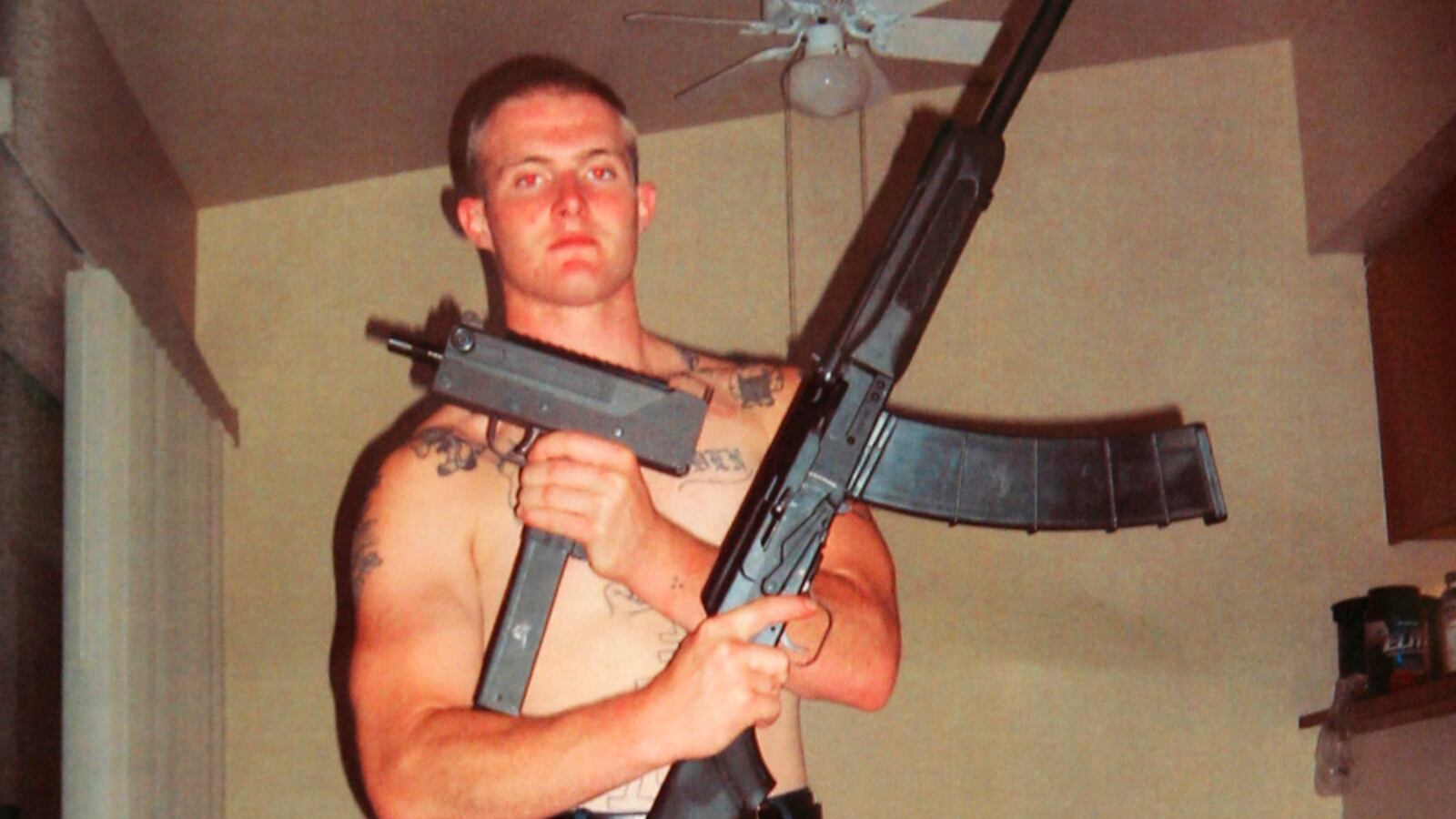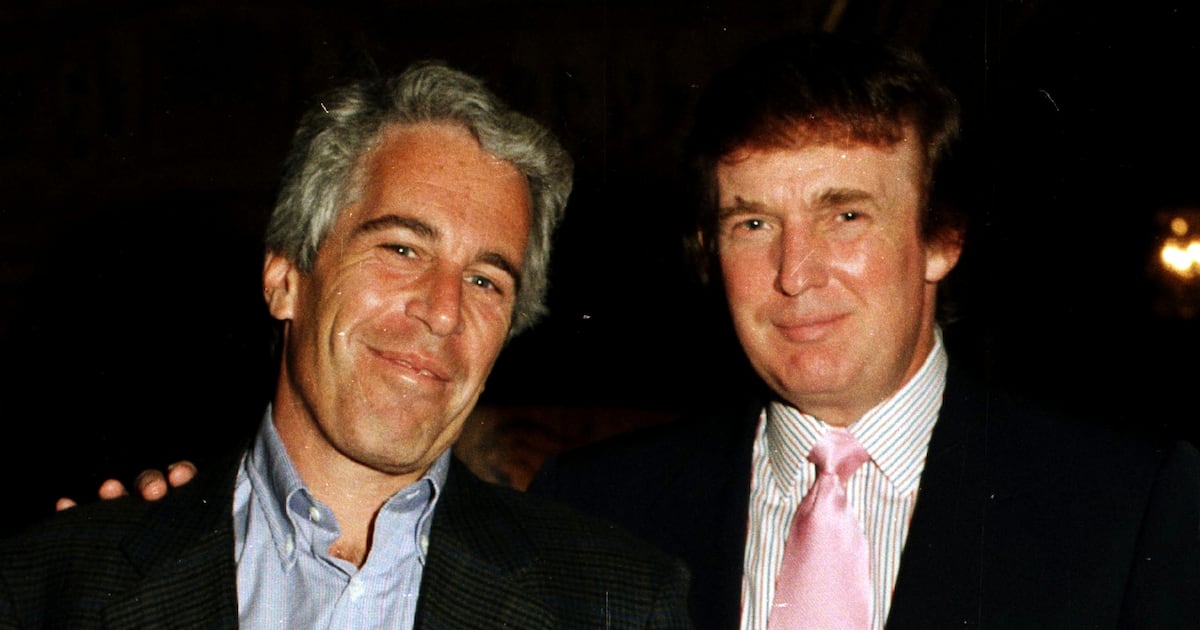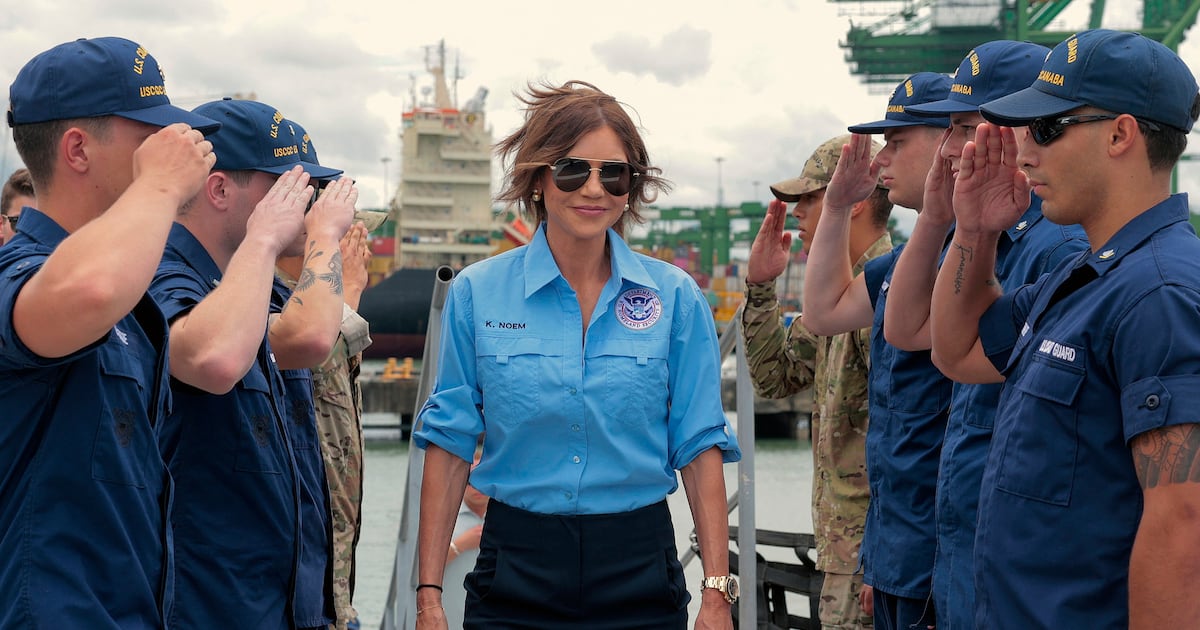When I first heard about the shooting on New Year’s Day of a park ranger at Mount Rainier National Park by, police believe, Iraq war veteran Benjamin Colton Barnes, I felt angry. The murder of an innocent woman would make anyone furious; but what intensified it for me was the needlessness of the tragedy. News of Barnes’s death came yesterday, apparently from exposure in the freezing-cold park as he fled police, and that just sharpened my anger and sadness.
The deaths on Mount Rainier, and a house-party shooting that occurred hours before, which has also been attributed to Barnes, are yet more examples of how for many combat veterans, one of the hardest missions we face is transitioning from the frontlines in war to the home front. And while it is too soon to ascribe war-related explanations or justifications to Barnes’s actions, the few biographical details we currently have about him—that he was under considerable mental stress, that he kept guns in his life after leaving Iraq, and the tragic and violent climax that has unfolded in Washington state—speak of a soldier suffering from posttraumatic stress disorder (PTSD), a condition suffered by thousands of Iraq and Afghanistan war vets who are our friends, family members, and neighbors.
According to reporting by the Associated Press, the mother of Barnes’s child wrote in a court affidavit that upon his return from Iraq in 2008, he suffered from suicidal ideations, depression, irritability, and anger. Barnes also built up a personal arsenal, a common project among returning combat vets seeking protection from their memories of war.
I write as a disabled veteran with PTSD, and as someone who has been party to countless hours of gut-wrenching conversations with fellow vets also suffering from PTSD. I know too many comrades who have the same symptoms as Barnes apparently had and who have experienced wildly violent outbursts and who hoard guns.

My battle buddy in Afghanistan, the man who was always by my side during every mission, came home and drank himself into emotional rages and violent outbursts. He ended up wrapping his car around a telephone pole and clinging to life, remaining in a coma for weeks with severe injuries to his brain and body. Another one of my closest comrades in arms from Afghanistan would spend many a night either in jail or in the hospital—depending on how the fight he had instigated ended up—after he returned home from the war.
And then there are the countless guys and gals whom I don’t know personally but about whom I read in the newspapers. The ones who commit “suicide by police officer”; the ones who overdose on drugs; the ones who intentionally crash their cars into guardrails; the ones who lock themselves in their rooms for days at a time and just want to be left alone forever. All are engulfed in the fever of PTSD, employing these dysfunctional and tragic coping mechanisms with the goal of making the bad war memories go away.
And there but for the grace of the veterans' center go I. Within a couple of days of returning home from Afghanistan in 2007, I too started building up my weapons arsenal. I came home from war and never set foot in my house where my now ex-wife and four kids awaited my return. I was unstable, moody, craving confrontation, drinking heavily to keep my demons at bay—and filing for separation and divorce.
But I was also the guy who looked at my PTSD as yet another military problem I had to solve, or better yet as a mission I needed to plan for and complete. I saw PTSD not as some mental defect or shortcoming inside myself, but instead as an enemy. PTSD was no different to me than the Taliban, and it was trying to kill me. I wasn’t going to let it win.
I was in counseling at my local vet center within a week of coming home, and I continue receiving PTSD counseling services to this day, almost five years since I returned home from war. And I credit these services in large part for making me feel like I didn’t need to explode, that I didn’t need to start fights at bars, crash cars, or shoot innocent people on Mount Rainier to let the world know how much I was hurting and afraid.
We all have a responsibility—civilians and veterans—to recognize and intervene in our friends’ lives when they come back home from war and are suffering from PTSD. Sadly, it has been my experience that because of the bravado of the military culture, we as veterans do a very poor job of applying that same military discipline and situational awareness to our peers who are suffering. We are uncomfortable having the “touchy-feely” conversations with our buddies about sadness and guilt and stress. We prefer to bust balls and drink beer and pretend there is no problem.
I remember how awkward I felt one day when I literally had to physically drag a fellow vet into counseling, my hand on his wrist pulling him away from my car toward the front door of the vet center. He complained that I had tricked him when I told him we were going for a drive to buy him cigarettes. Instead I drove to my appointment at the vet center, and only because he was injured from a recent bar fight was he unable to put up much resistance.
That’s what makes me angry about these deaths; they were probably preventable. If it was his war experiences that pushed Benjamin Colton Barnes over the edge, then someone failed him—his fellow combat veterans, his family, his government, himself. I only hope that in the future all the other veterans out there suffering from PTSD will be pushed, cajoled, and prodded into seeking treatment for their postwar problems. Unless they do, I fear we will see more such tragedies unfold.






